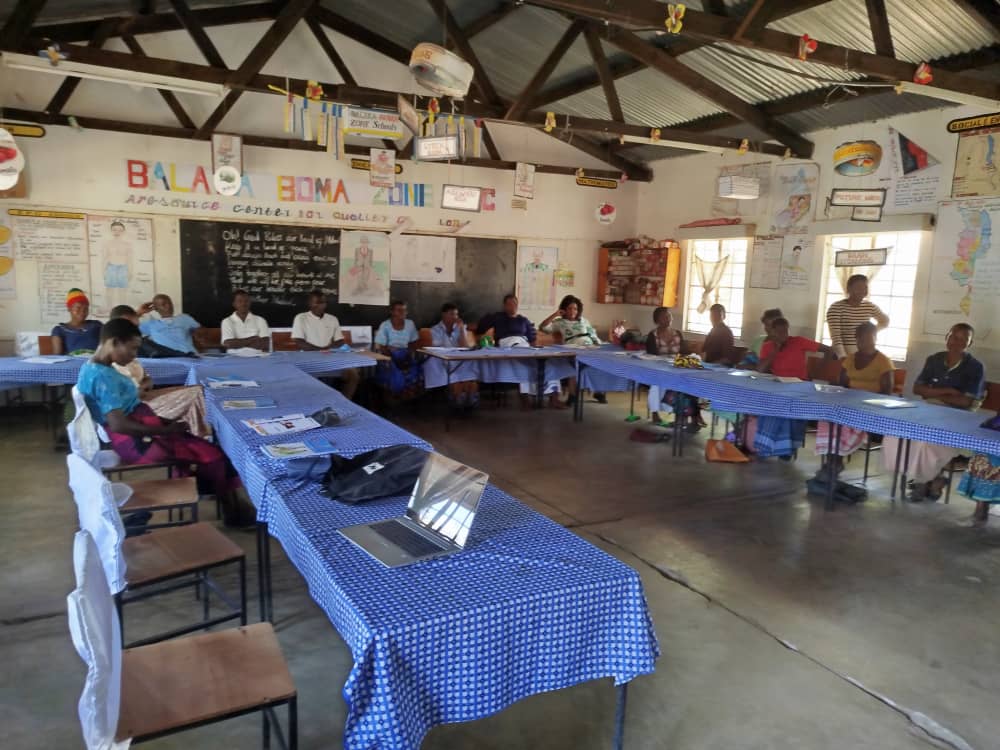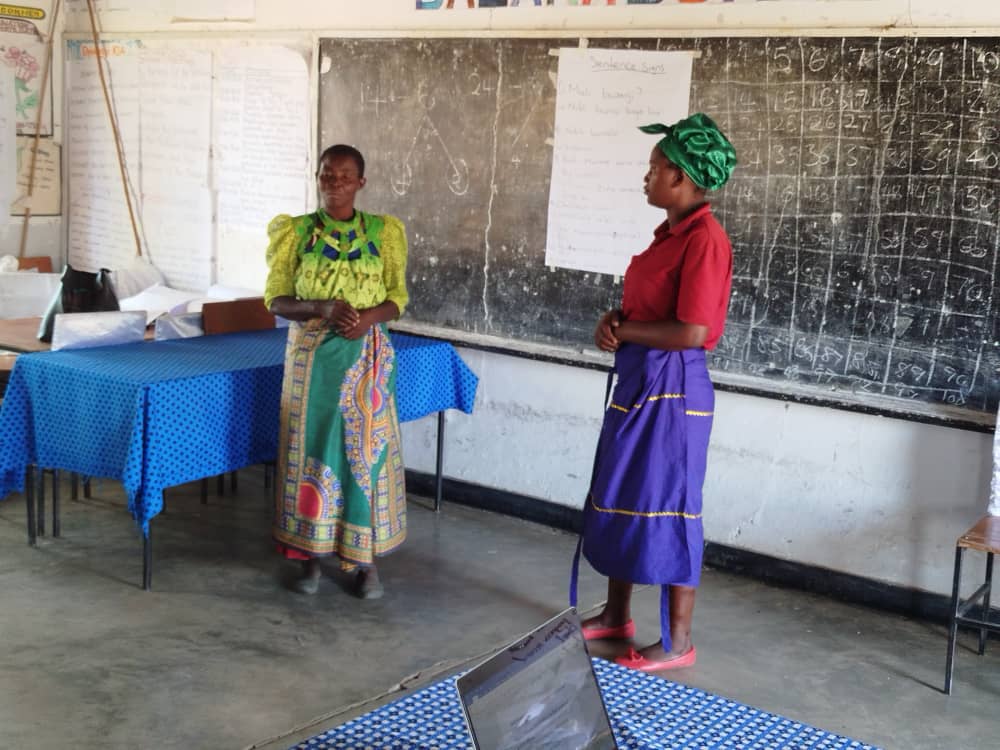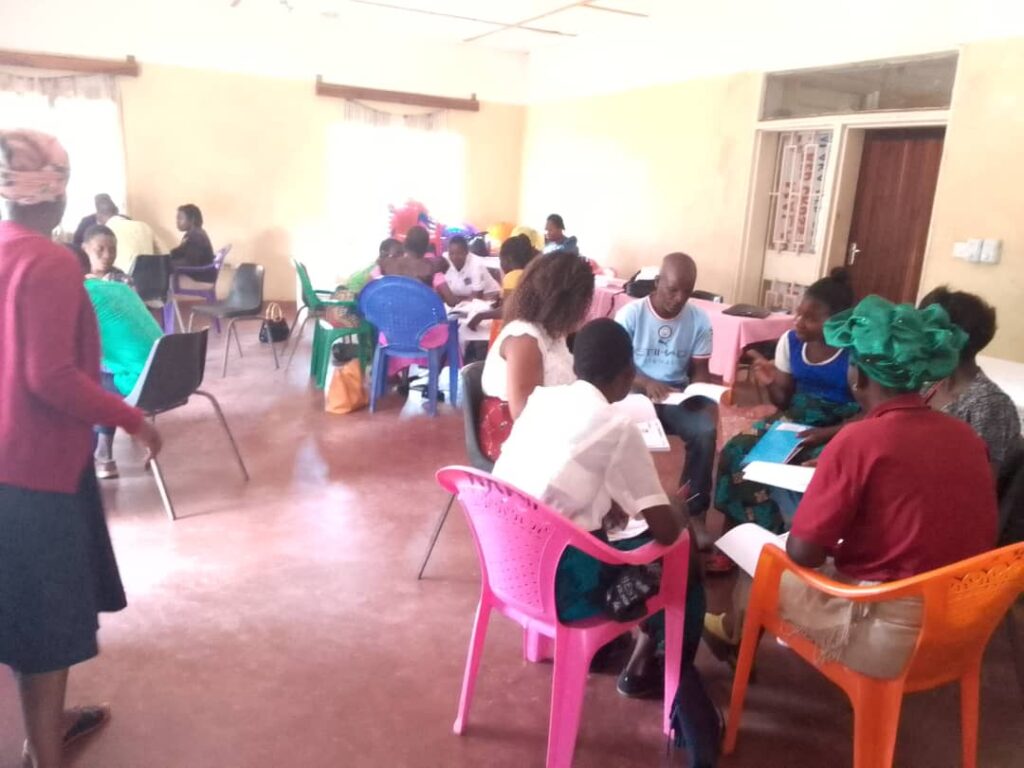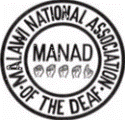The Malawi National Association of the Deaf (MANAD) recently held a three-day sign language training for parents of Deaf children in Balaka District from September 6 to 8, 2024. A total of 21 parents, comprising 19 women and 2 men, participated in the training, which was led by two experienced sign language instructors, Maria Khwalala and Costance Livuza.
This initiative is a key part of MANAD’s strategic efforts to support Deaf children and their families. The training was made possible through funding from Disability Partnership Finland (DPF) via the Finnish Association of the Deaf (FAD).
In Malawi, most Deaf children are born to hearing parents, many of whom live in rural areas with limited access to sign language resources. Often, these parents have had no prior exposure to Malawi Sign Language (MSL), the primary means of communication for Deaf Malawians. Recognizing that parental involvement is crucial to a Deaf child’s language development, MANAD emphasizes the importance of empowering parents to communicate effectively with their children. Research shows that maternal communication is a significant factor in the development of language, early literacy, and social-emotional skills for Deaf children.
Deaf children with hearing parents often face language delays compared to those born to Deaf parents or raised in Deaf communities, such as schools for the Deaf or Deaf clubs. To address this gap, MANAD has been conducting MSL training sessions for parents to improve their communication skills and give Deaf children a better chance at success in school and beyond.
Since launching this initiative in 2022, MANAD has trained parents of Deaf children in nine districts. The work is ongoing, with several districts still awaiting support. Organizations like Save the Children and World Vision have also joined forces with MANAD to expand the reach of these training programs.
While much progress has been made, there remains a significant need for continued efforts to ensure that all Deaf children in Malawi can benefit from the language skills and support of their parents.



